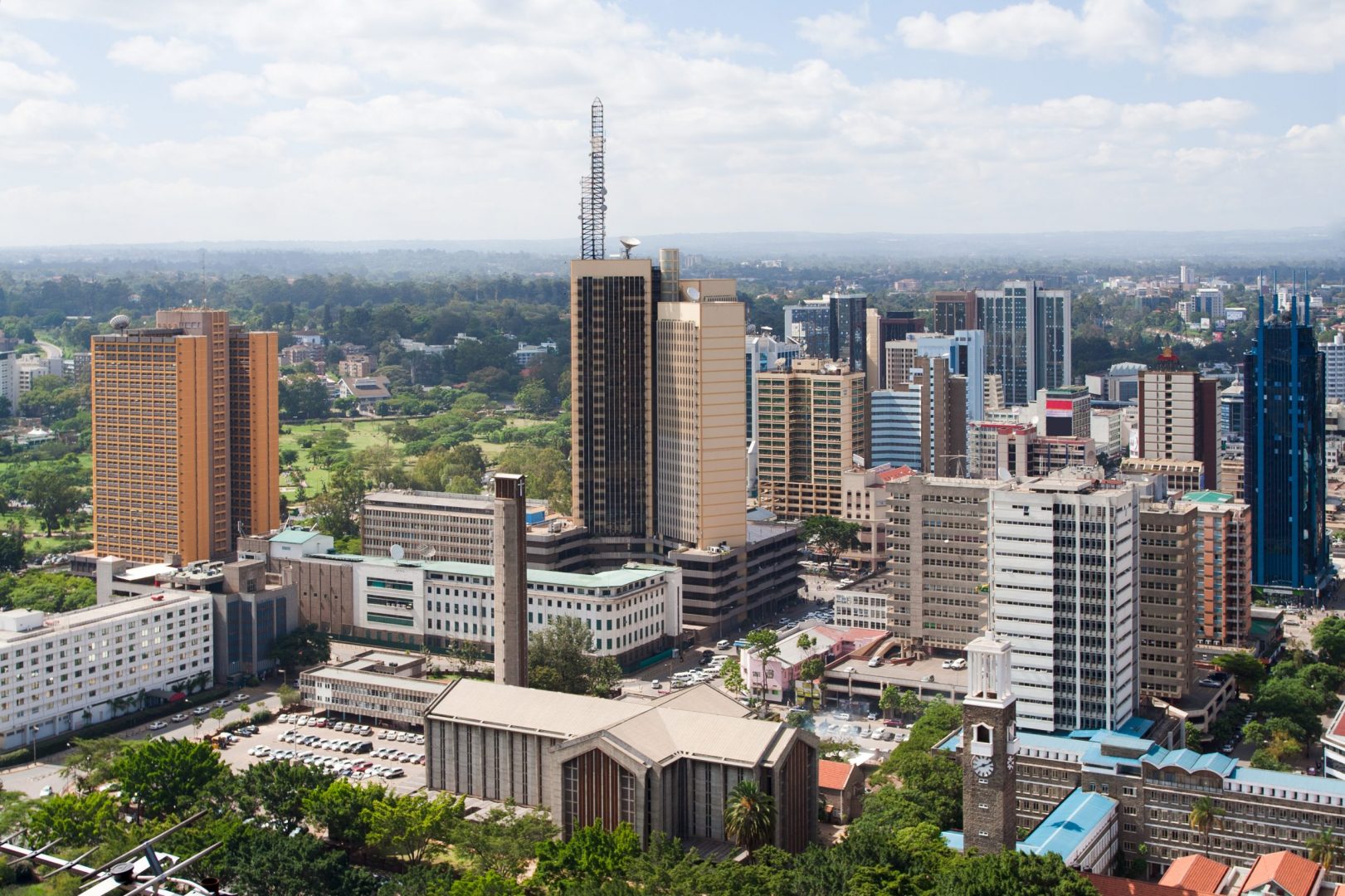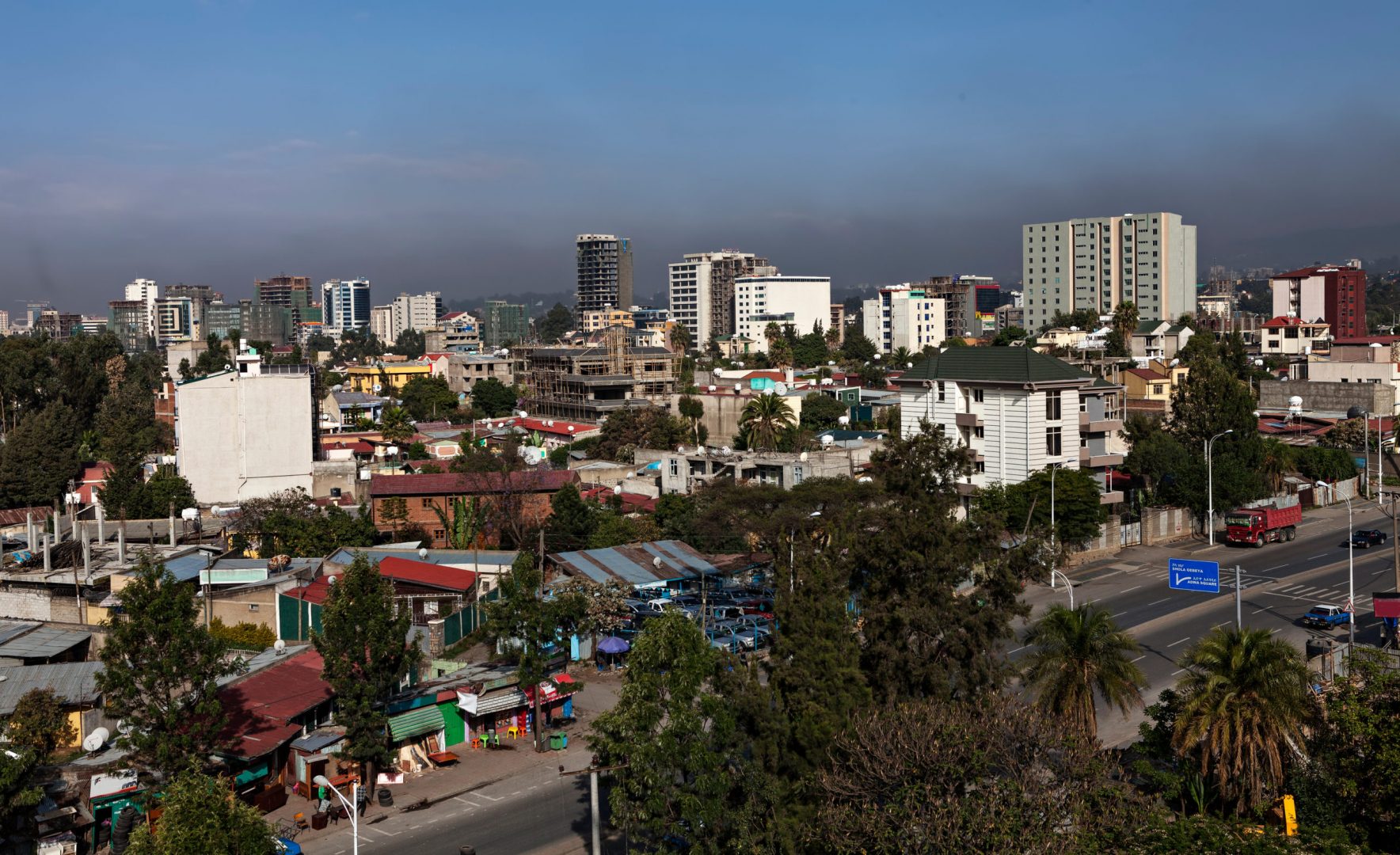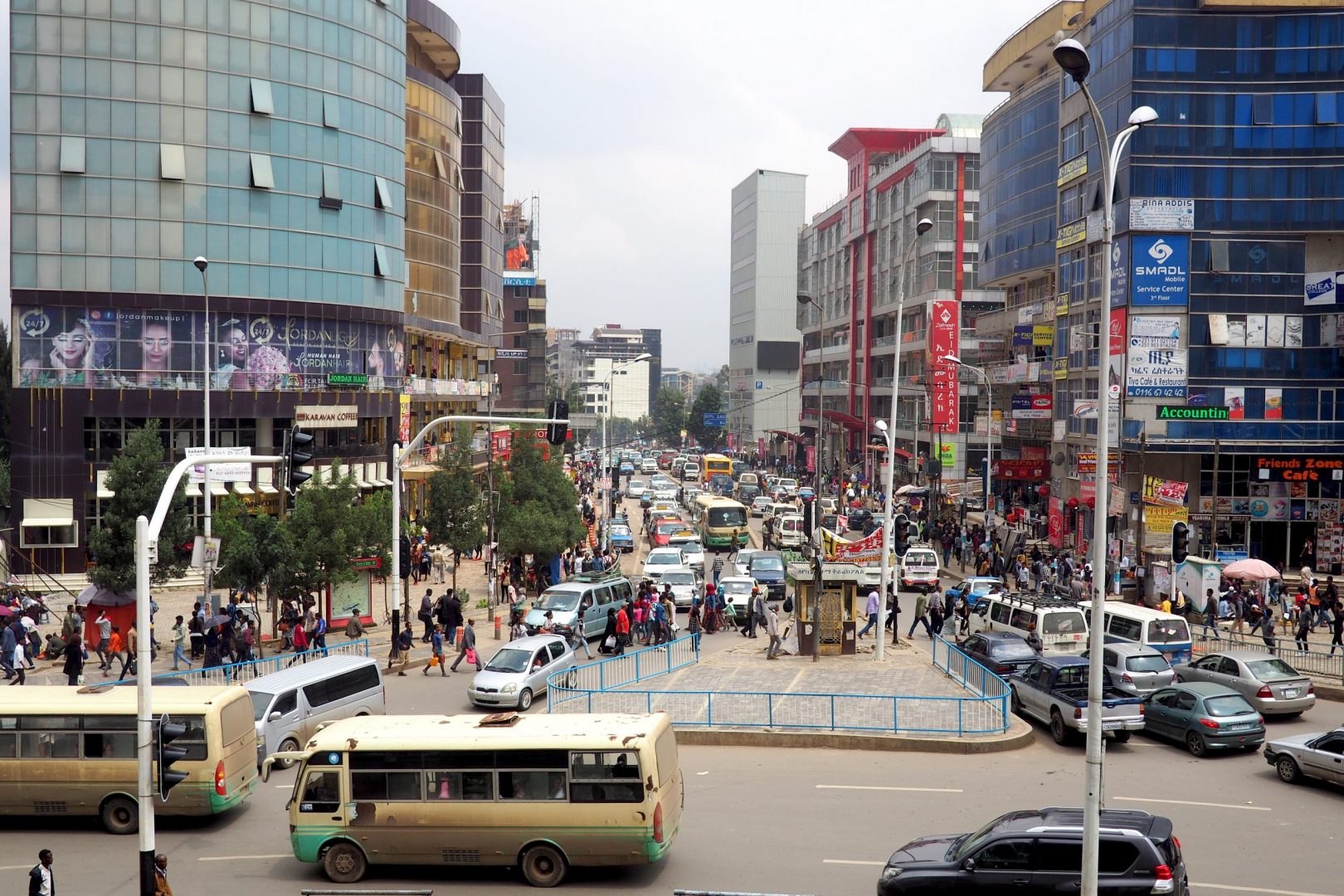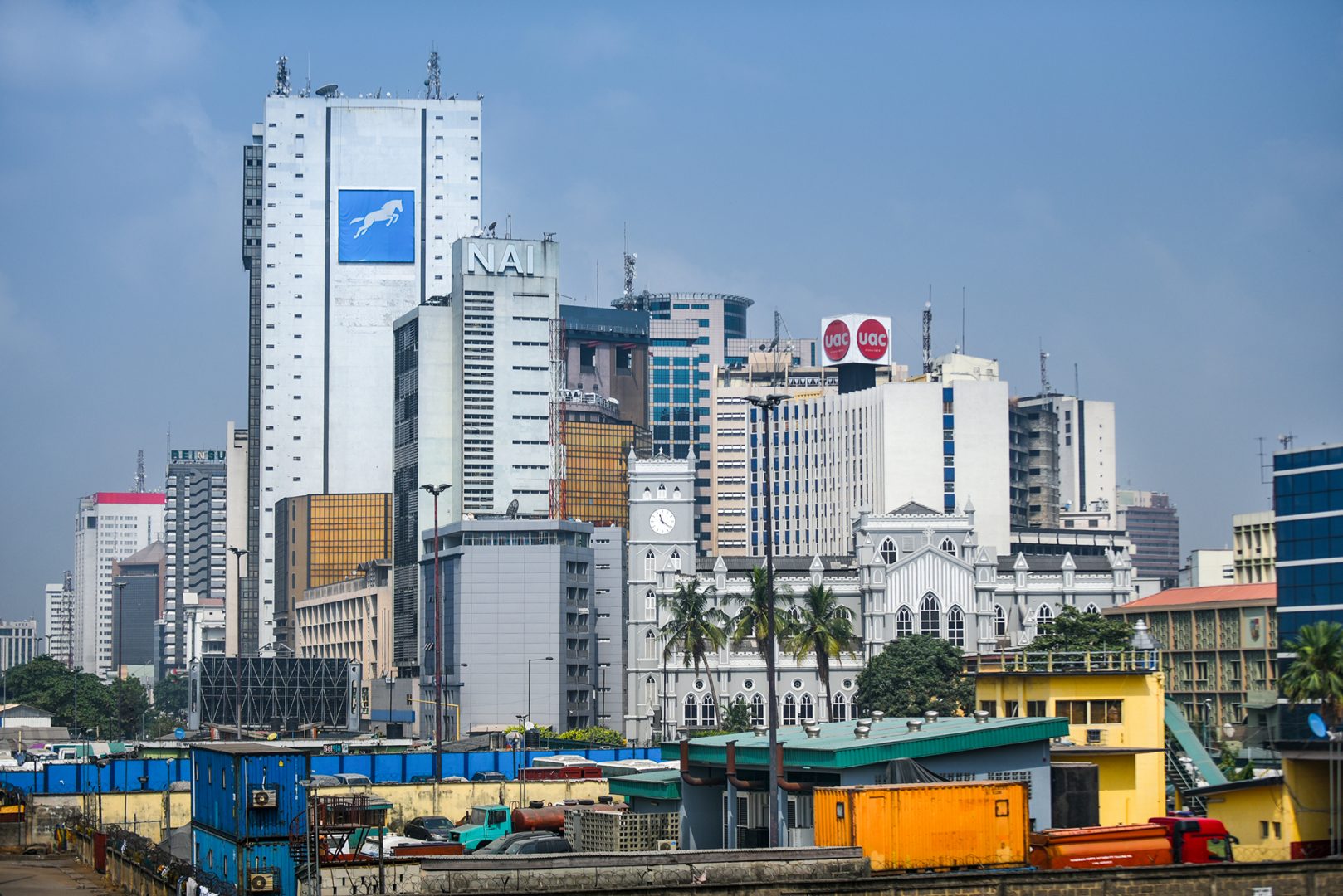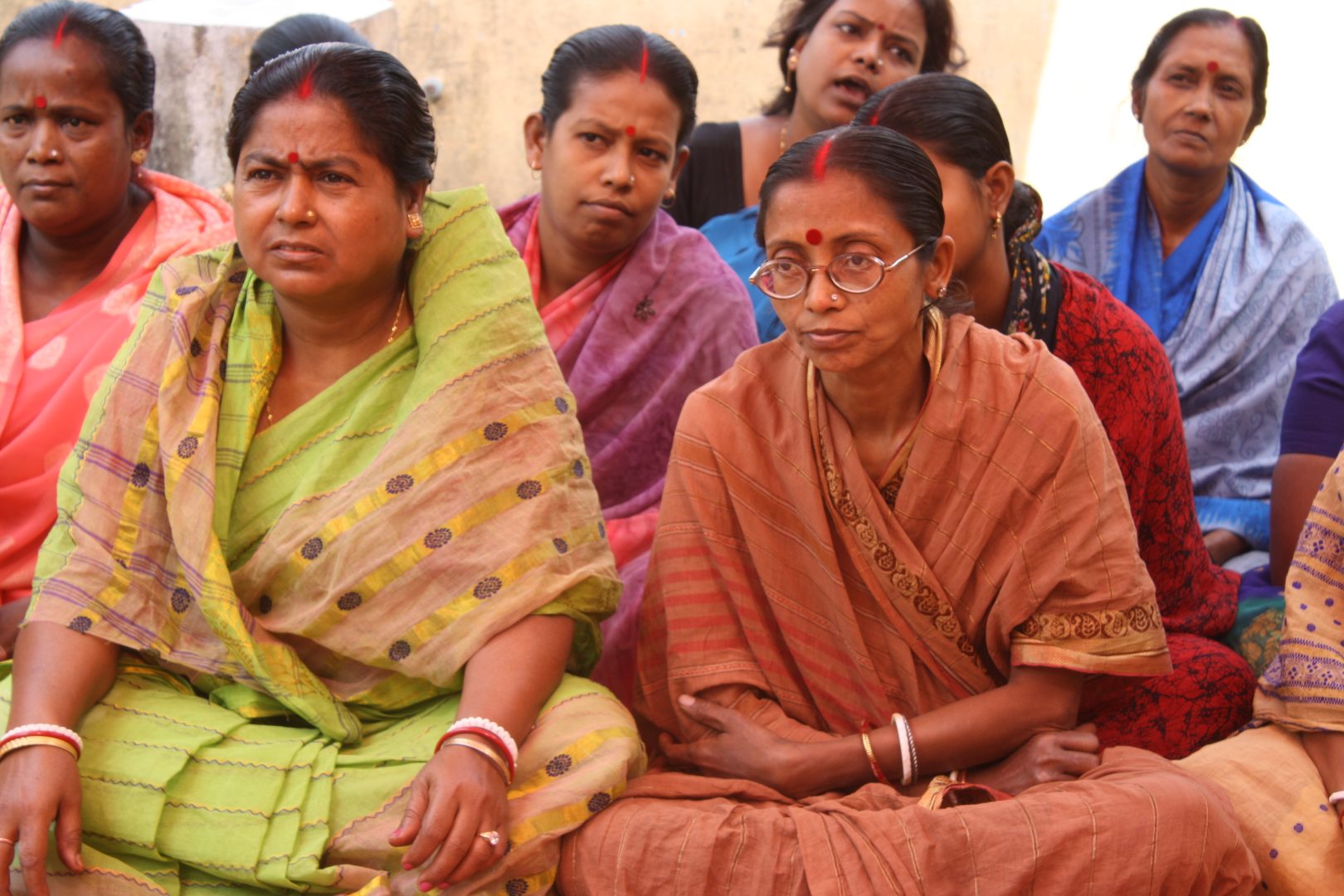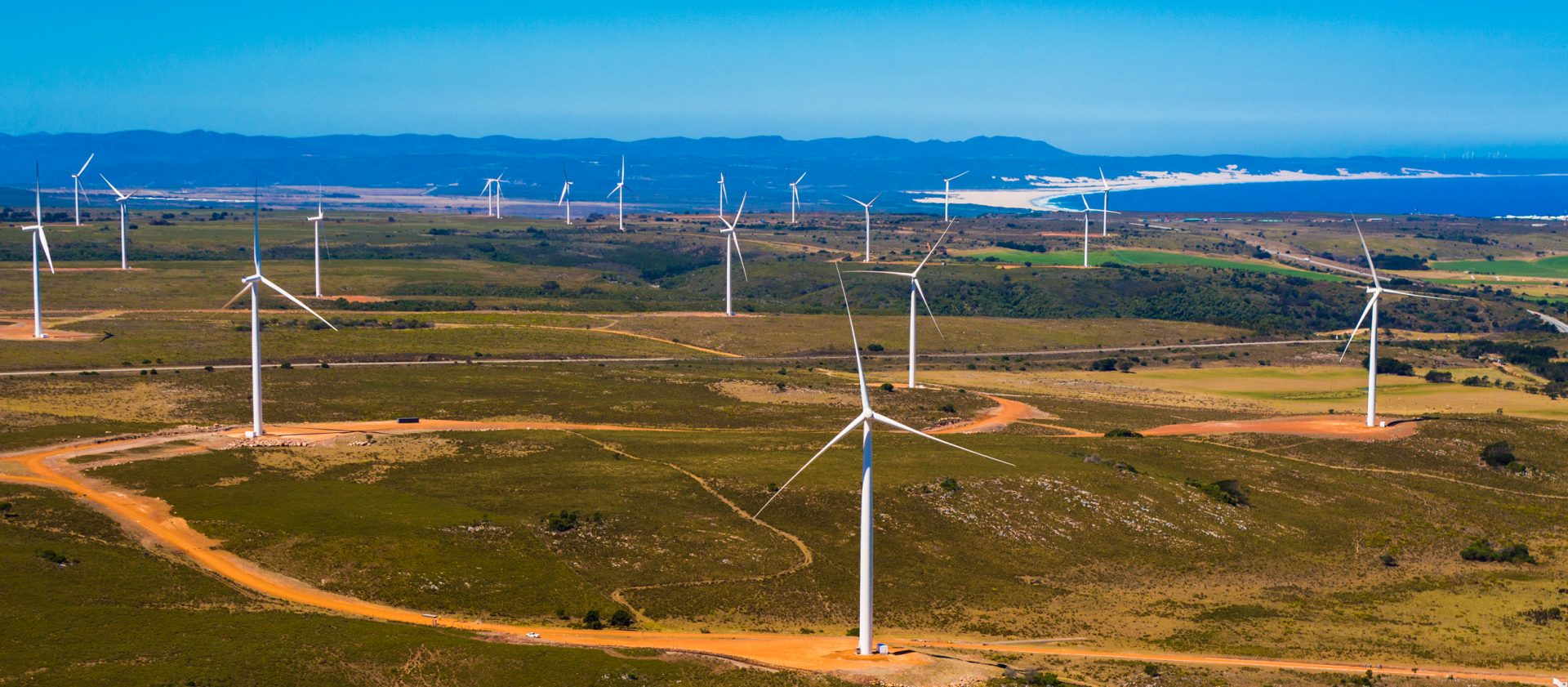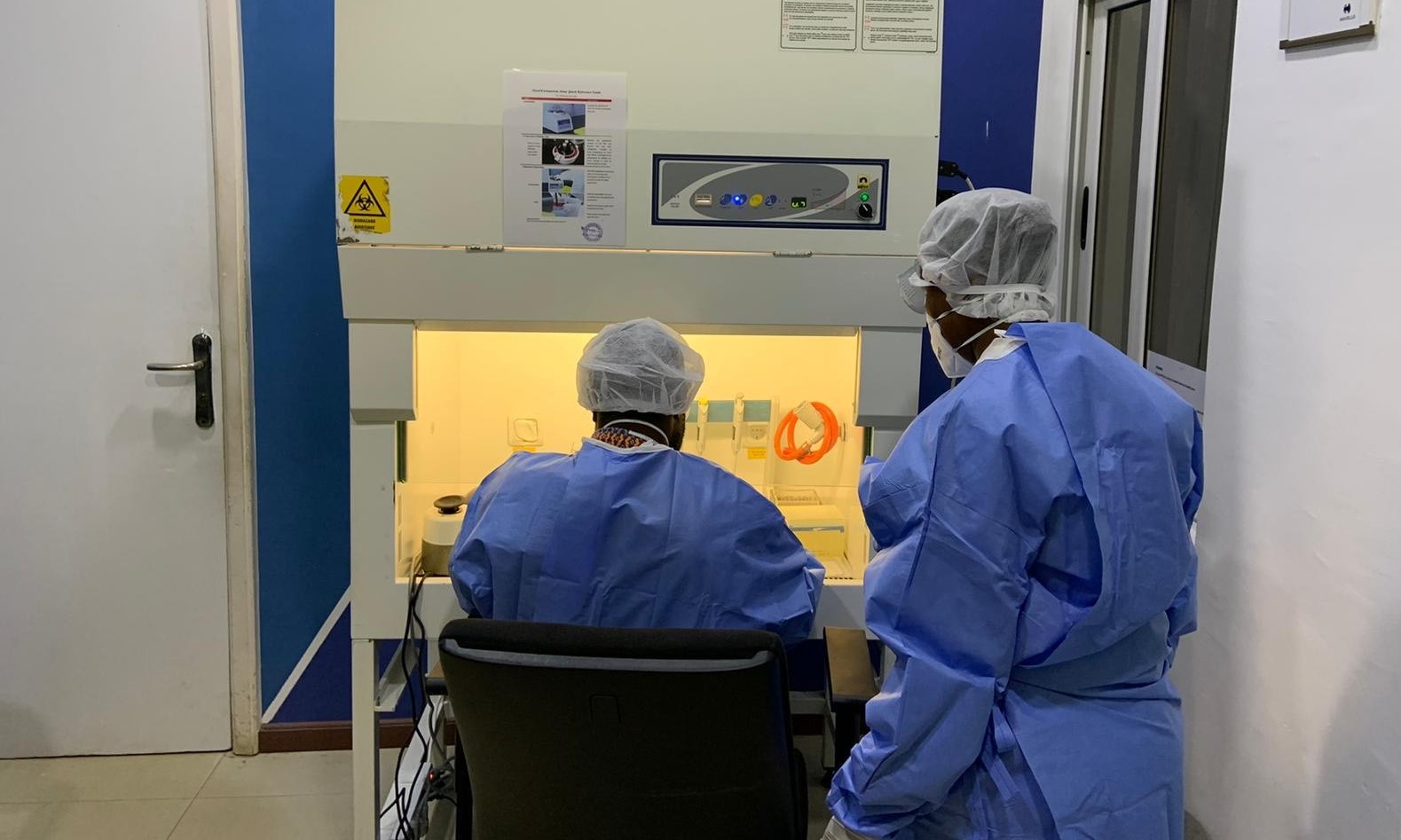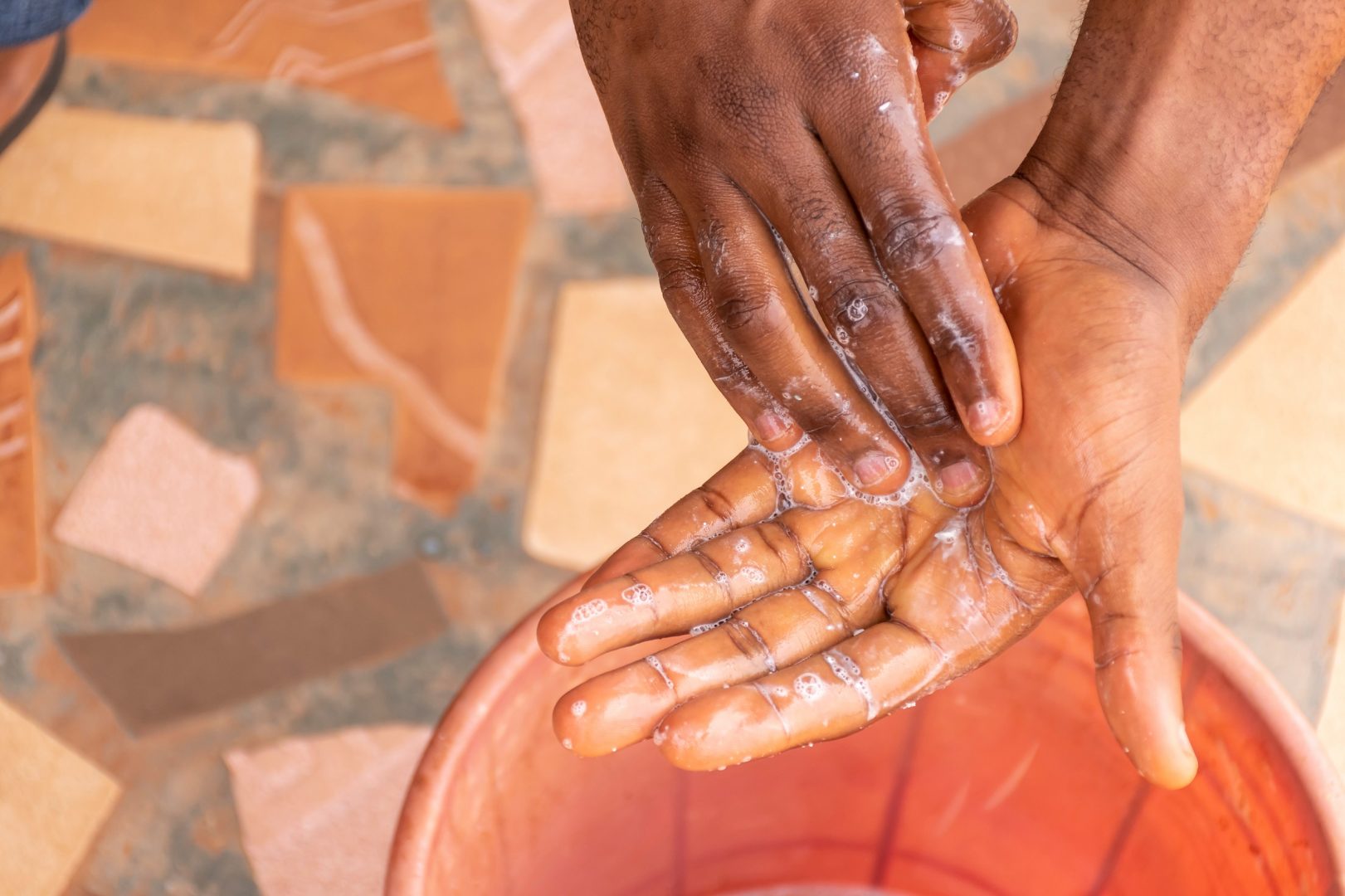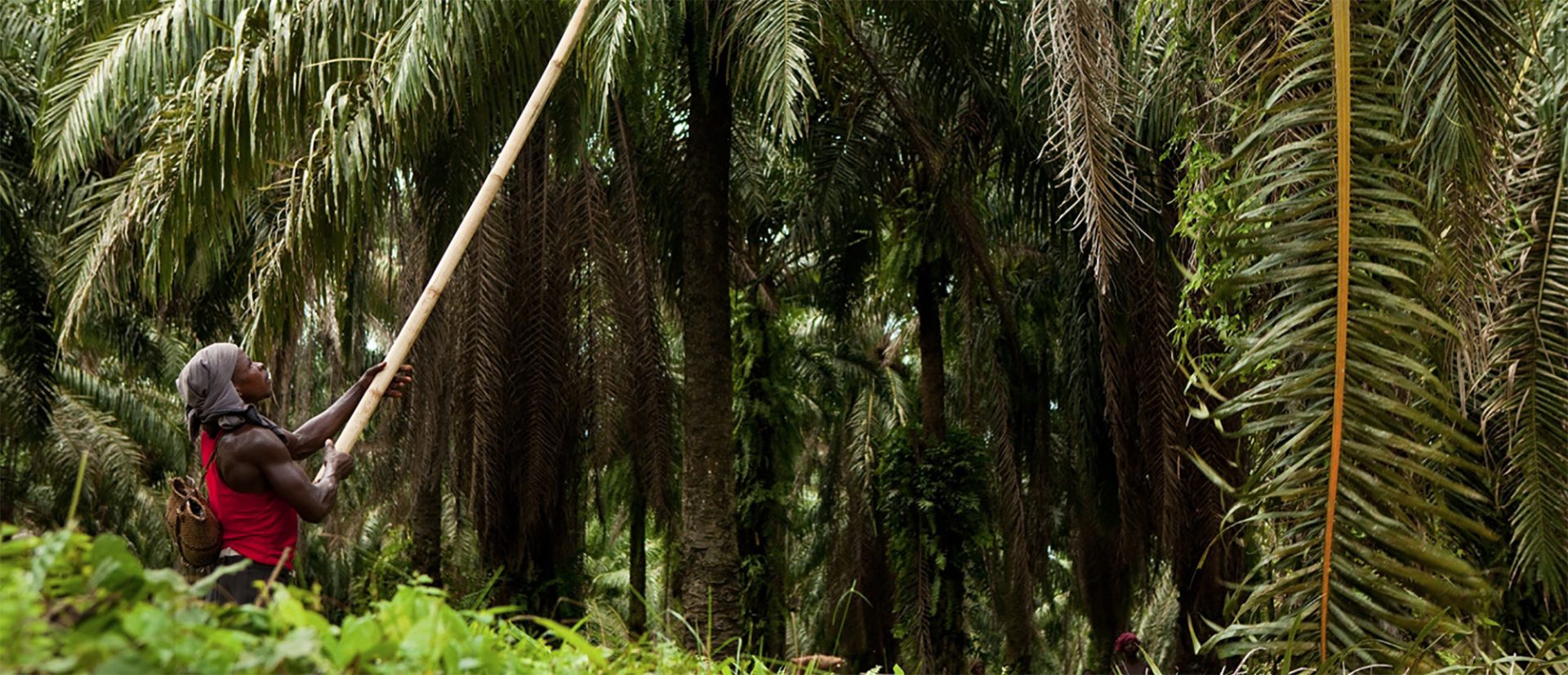Covid-19 means that businesses are struggling as a result of government lockdowns, supply chain disruptions, and tightening consumer spending. This is having an impact on livelihoods and employment in every economy in the world.
Yasemin Saltuk Lamy joined CDC as Deputy CIO in August 2018. As a 70-year-old organisation with a portfolio that spans over 1,200 companies in Africa and South Asia, “CDC has seen a lot over the years,” she says. “But nothing like this. I’m proud to see CDC stepping up in the way we’re responding to the crisis.”
As soon as the crisis hit, the organisation set in place guidance on job protection for their partners. “We had 400 people at a webinar on job protection recently,” says Yasemin. “There’s a big demand for guidance. Is there a way to do retrenchment responsibly? Is there rebalancing that you can do to avoid it? A way to adjust workflow? These are key questions. How do you shift the way a company is capitalised, or shift debt repayments?
“The answer is with a lot of flexibility: whether that’s on the capital side or the workforce side. DFIs are important providers of flexible capital. At CDC we have two investment portfolios: Growth and Catalyst. Catalyst is where we take a flexible approach to risk in exchange for market shaping opportunities. In a normal environment, we would be shaping untested business models or working with companies to get new customer bases. In this environment we can go after opportunities that wouldn’t usually suit our growth capital. We can use the Catalyst toolkit to respond well.
“At CDC we have a technical assistance facility called CDC Plus, as well as non-financial help. CDC Plus is allowing our companies to navigate this crisis: by helping them with investment or technical issues, we can enable them to step up and help with the COVID-19 response in their country.”
Yasemin Lamy explains how CDC's responding to COVID-19
Adapting and adjusting
Vipul Parekh is the Co-Founder and CMO of CDC investee BigBasket, the fourth largest online grocery store in India. He describes the crisis as “a tsunami that caught everybody unawares.” In India, there was only four hours between the lockdown announcement and the start of it, which left businesses like Vipul’s struggling for air.
“The first thing was panic buying,” he says. “Demand went thought the roof. As well, a lot of people left us. State borders closed down. Communities closed down. We had one third of the staff and it became absolutely impossible. It was absolutely anarchic for a week or so. It took us some time to come to grips with the situation.”
As the head of a self-reliant organisation, the biggest lesson Vipul has learned has surprised him: he realised he needed to work hand-in-hand with government. “We had to learn how to reach out to national and local governments, and even the police force”, he says. We had to understand, and make them understand how critical our service was. We had to co-opt government and get them to become our supporters.”
“It’s been interesting to watch the blurring of public and private boundaries. I think that private companies have to play a public role. You can’t say ‘My job is my investors and I need the best gross margins’. One of the things that we talked about at the beginning of the company was uplifting the whole supply chain in India: the people who deliver, the people who pick and pack.”
Jean-Paul Adam is the Director for Technology, Climate Change and Natural Resources Management at the United Nations Economic Commission for Africa. From his vantage point, the private sector in Africa is in the best position to help the continent to recover from COVID-19. “The current figure needed to reach the Sustainable Development Goals (SDGs) is $92.8 billion, up from $63.8 billion pre-COVID. A lot of that can come from direct aid,” he says. “Some of it can come from public-private partnerships but some needs to come from direct financing to provide a framework that allows other investment to take place and the private sector to flourish.”
He says that the African countries are “very open” to private sector investment. “We’re creating the framework for investors so they will be able to invest in renewables in Africa. There’s opportunities for hybrids in terms of bonds: for example, SDG bonds, where you can raise money from the private sector but blended in the form of sovereign guarantees from international institutions to mobilise new money to go into the COVID fight.”
Vipul Parekh shares his thoughts on the changing role of the private sector during COVID-19
Innovative responses
Amid the hardship and uncertainty Coronavirus has wrought in the developing world, good stories have emerged. “There was a lot of innovation going on in Africa before the pandemic”, says Jean-Paul. “Now we’re seeing companies that have literally transformed, moving from other sectors to make PPE for example. We’ve seen that in Senegal and Tunisia. Ecommerce has grown.”
Yasemin, too, has seen companies flexing to step up to the needs of a world in the grip of a global pandemic. “There’s an incredible non-invasive breast cancer screening tool. The company that made it are looking to adapt the technology to use for COVID-19 diagnostics. It could be a tool that offices use to scan workers as they come indoors. It’s a great example of a company pivoting to manufacture new products that can be utilised over the longer term. That kind of disruption is so interesting.”
While buoyed by the innovation and ambition of forward-thinking companies in the face of today’s unprecedented challenges, Jean-Paul says that we need to look at the lack of resilience at the core of African businesses. “The loss of spending power in Africa is more immediate,” he says. “You have a stronger social protection system and savings in the developed world. In Africa they’re not as strong and the lack of purchasing power has an immediate impact.”
Collaborative action
Jean-Paul, Yasemin and Vipul all advocate a whole-society approach to lifting developing regions of the world into prosperity: COVID-19 has just put that pre-existing need into sharper focus. Government has a key role to play in allowing stimulus to be distributed equally and to have the maximum impact. But the priorities have to come from a wider consultation with society.
Jean-Paul says that it’s about investing in the right infrastructure, the value chain and the inputs in to food production, as well as storage facilities, and roads, and water. “You then create growth as you create an environment for businesses to flourish,” he says, “from the smaller to the larger ones. You have to invest now, and we need DFIs to lead that investment.
“Everyone has their role. Government needs to structure those investments to ensure we go in to a green recovery. We shouldn’t invest in sectors that have exacerbated inequality and negative environmental effects.”
Yasemin agrees that despite the fading boundaries between the public sector, the private sector, philanthropic foundations and NGOs, the different kinds of organisations still retain their distinct roles. “There still are places where different types of institutions are best placed to be the best actors,” she says. “CDC is not trying to solve everything across the board. There are definitely instances – a humanitarian emergency for instance – where investment is not the right tool: aid is the right tool.”
DFIs across the world have been coordinating to work out how best to respond to specific sectors. “DFIs across various countries have that connectivity. Then within the different universes, whether that’s between investment foundations and catalytic capital providers, or international NGOs, those conversations are happening by sector and in quite pragmatic ways. That’s been quite quick to coalesce.”
This article is based on conversations during our recent event, Building resilience in times of disruption: Promoting long-term investments through the DFI model, held in partnership with Devex. Watch the full recording of the event, and sign up to the next event in the three-part leadership series. Taking place on Wednesday 17 June, an expert panel will discuss how to move the needle on climate change and develop environment resilience post-pandemic.
Read more
Supporting our partners through a crisis: CDC’s response to COVID-19
How do you hire 7,000 people during a pandemic? Big Basket’s story
Jean-Paul Adam on the economic response needed to support Africa during COVID-19
